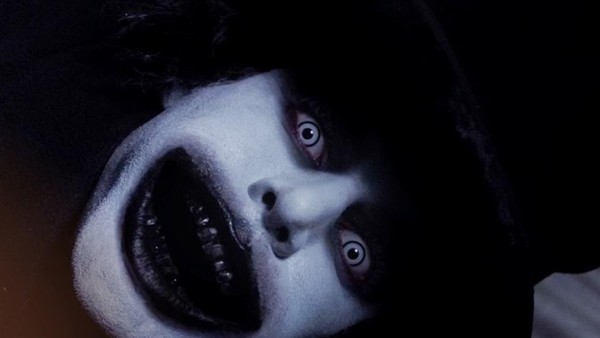8 Fan Theories That Totally Change Your Favourite Movies
4. Mister Babadook Isn't Real - The Babadook

As jolting as having a jump scare every five minutes can be, true horror works best when it creeps under your skin and pulls it back to show something horribly real. The Shining isn't scary because Jack Nicholson is going wacko or there's ghosts roaming the halls of The Overlook, but because the family relationship that it tears apart is so tangible. The same is true of The Babadook, last year's sleeper horror hit that proves Australia can add more to cinema than just Baz Luhrmann and the Hemsworths.
The basic idea - a mother and child become haunted by a creature born from a pop-up book - is a killer concept, but it's the added depth that make it so brilliant. With single-mother Amelia still reeling from the loss of her husband and struggling to deal with an increasingly rebellious child, it's pretty obvious the monster's tormentsare a metaphor for her increasingly fragile mental state; Mister Babadook's ultimate defeat only comes about when she realises she can't escape it, but can keep it under control.
But is it really a metaphor, or actually something much more real-world? Pretty much every scene in the film can be seen as Amelia's depression-skewed view on the world, or Samuel's childhood comprehension of his mother's illness, making Mister Babadook potentially as real as Bruce Willis in The Sixth Sense or M. Night Shyamalan's directing prowess. Now that's chilling.
Of course, taking a film this terrifying on a purely psychological basis could be seen as just a way to rationalise its horror while lying awake at night, but it really works as a way to get to the heart of the movie.